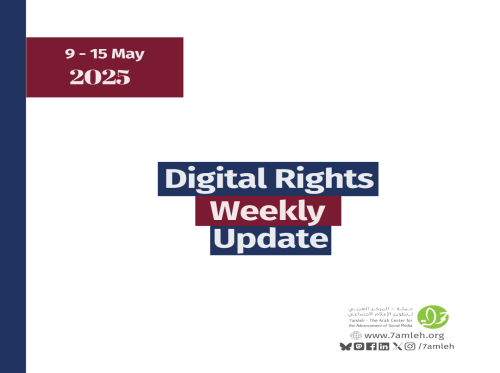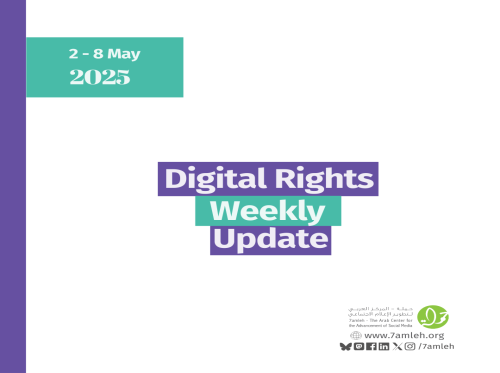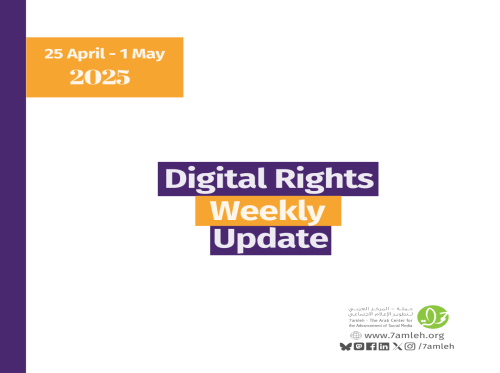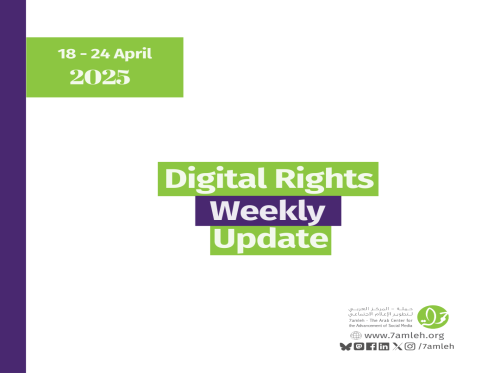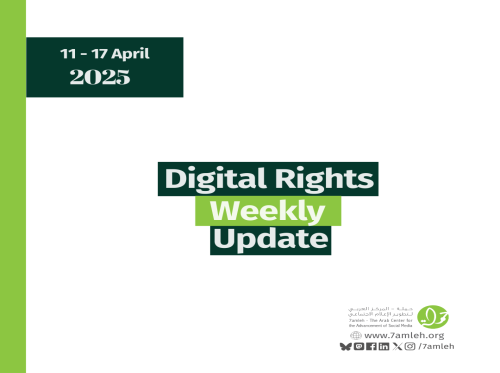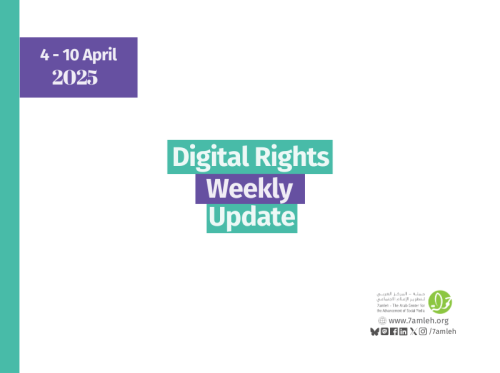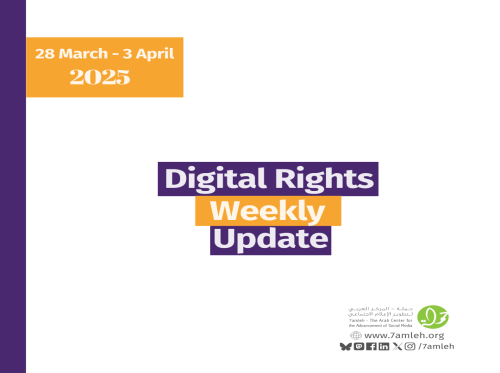
1.
7amleh Launches Arabic Violence Indicator to Combat Online Hate Speech and Violence (English)
7amleh
The Arab Center for the Advancement of Social Media, launched the "Arabic Violence Indicator", a linguistic model that uses artificial intelligence technology to automatically and immediately monitor the spread of hate speech and violence on social media platforms in Arabic Language. The findings are then presented on "7or - the Palestinian Digital Rights Violations Observatory'', this is a significant step to fight violent content and protect users from online threats. This new tool follows the successful release of the Violence Indicator for Hebrew content in November 2023.
2.
Palestinians say Microsoft unfairly closing their accounts (English)
BBC
Palestinians living abroad have accused Microsoft of closing their email accounts without warning - cutting them off from crucial online services. They say it has left them unable to access bank accounts and job offers - and stopped them using Skype, which Microsoft owns, to contact relatives in war-torn Gaza. Microsoft says they violated its terms of service - a claim they dispute. "They killed my life online," said Eiad Hametto, who lives in Saudi Arabia. "They’ve suspended my email account that I’ve had for nearly 20 years - It was connected to all my work," he told the BBC. He also said being cut off from Skype was a huge blow for his family. The internet is frequently disrupted or switched off there because of the Israeli military campaign - and standard international calls are very expensive.
3.
The Hidden Ties Between Google and Amazon’s Project Nimbus and Israel's Military (English)
Current and former Google and Amazon workers protesting Project Nimbus say it makes the companies complicit in Israel’s armed conflicts and its government’s illegal and inhumane treatment of civilian Palestinians. Google has insisted that it is not aimed at military work and is not "relevant to weapons or intelligence services,” while Amazon, seemingly, has not publicly discussed the scope of the contract. But a WIRED review of public documents and statements by Israeli officials and Google and Amazon employees shows that the Israel Defense Forces have been central to Project Nimbus since its inception, shaping the project’s design and serving as some of its most important users.
4.
How Watermelon Cupcakes Kicked Off an Internal Storm at Meta (English)
Archive.is
In late May, Meta invited New York staff to what it called a “summery showcase” to learn about clubs across the company. Its promotional poster featured colorful slushies and watermelon desserts. But when a club for Muslim workers revealed plans to spend $200 in company funds to serve nine dozen cupcakes in watermelon colors at the event, Meta management called the offering disruptive and demanded the group go another route—such as “traditional Muslim sweets,” a staffer overseeing internal community relations wrote in a chat to an organizer. “Watermelon references or imagery should not be included as part of materials or giveaways (e.g. cupcakes).” The dispute over workplace treats, which two employees described to WIRED and a third posted about publicly on Instagram, is emblematic of the deep ruptures carved across the tech industry by the ongoing war in Gaza between Israel and Hamas.
Related Articles
Subscribe to Our Email Alerts
And stay updated with our latest activities, news, and publications!

